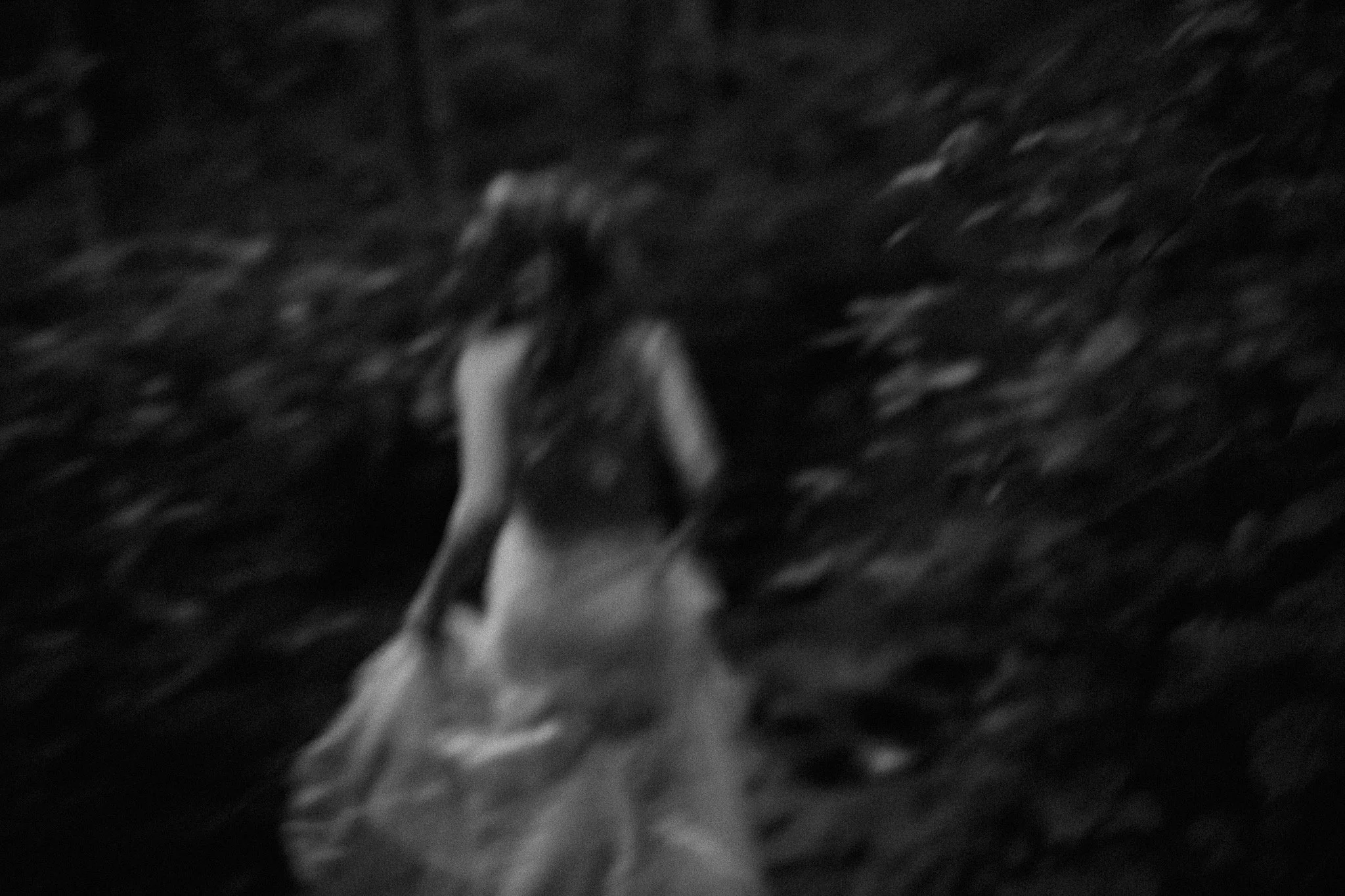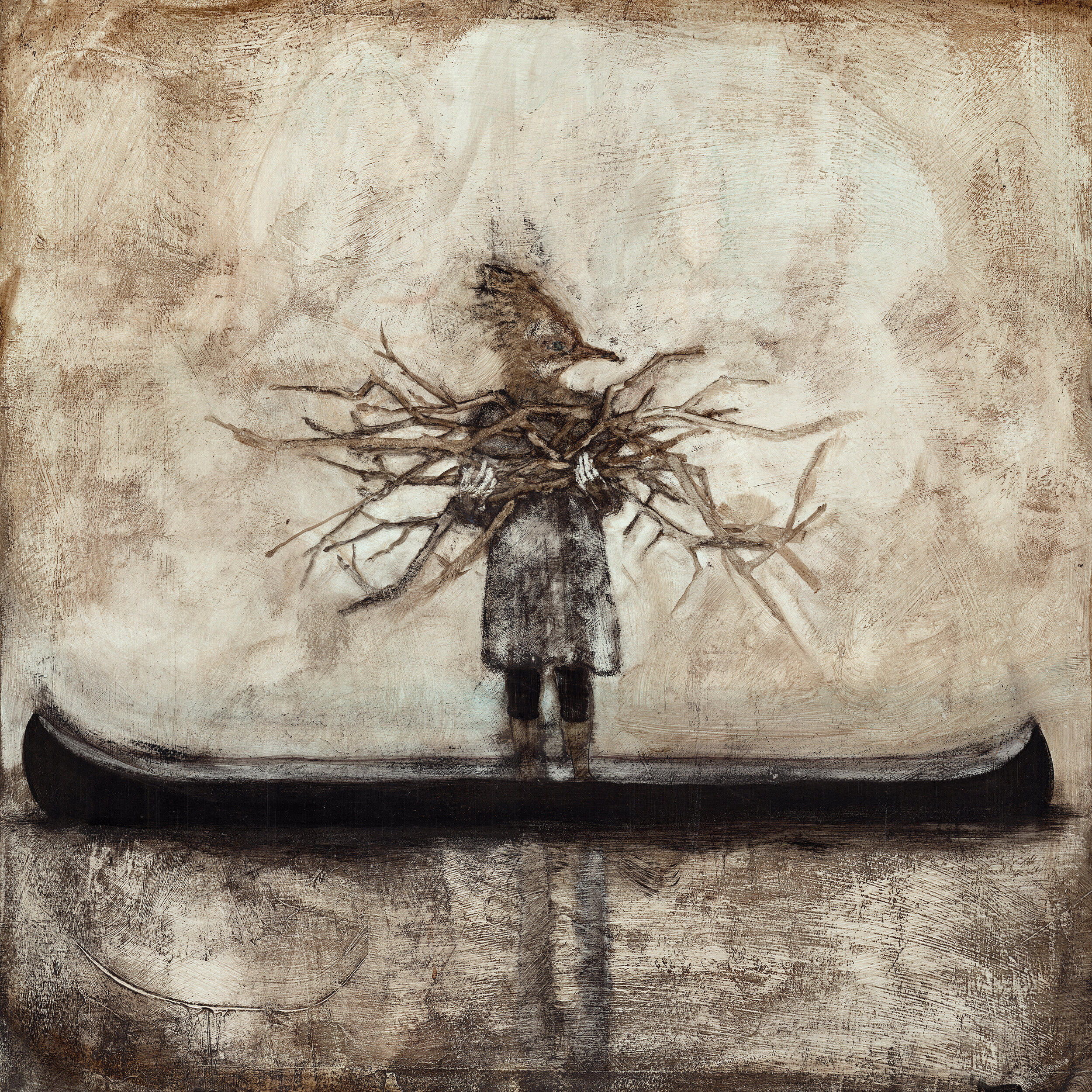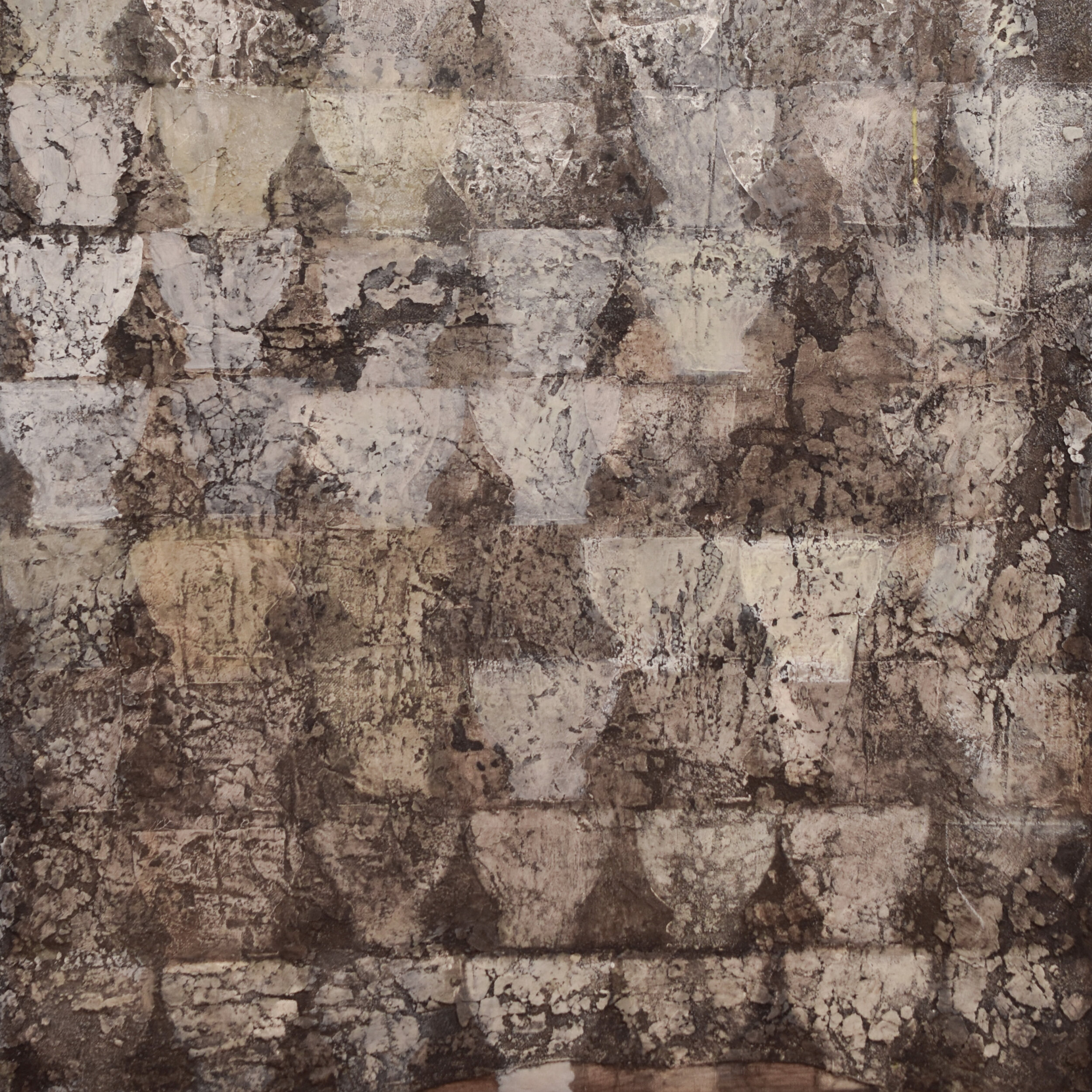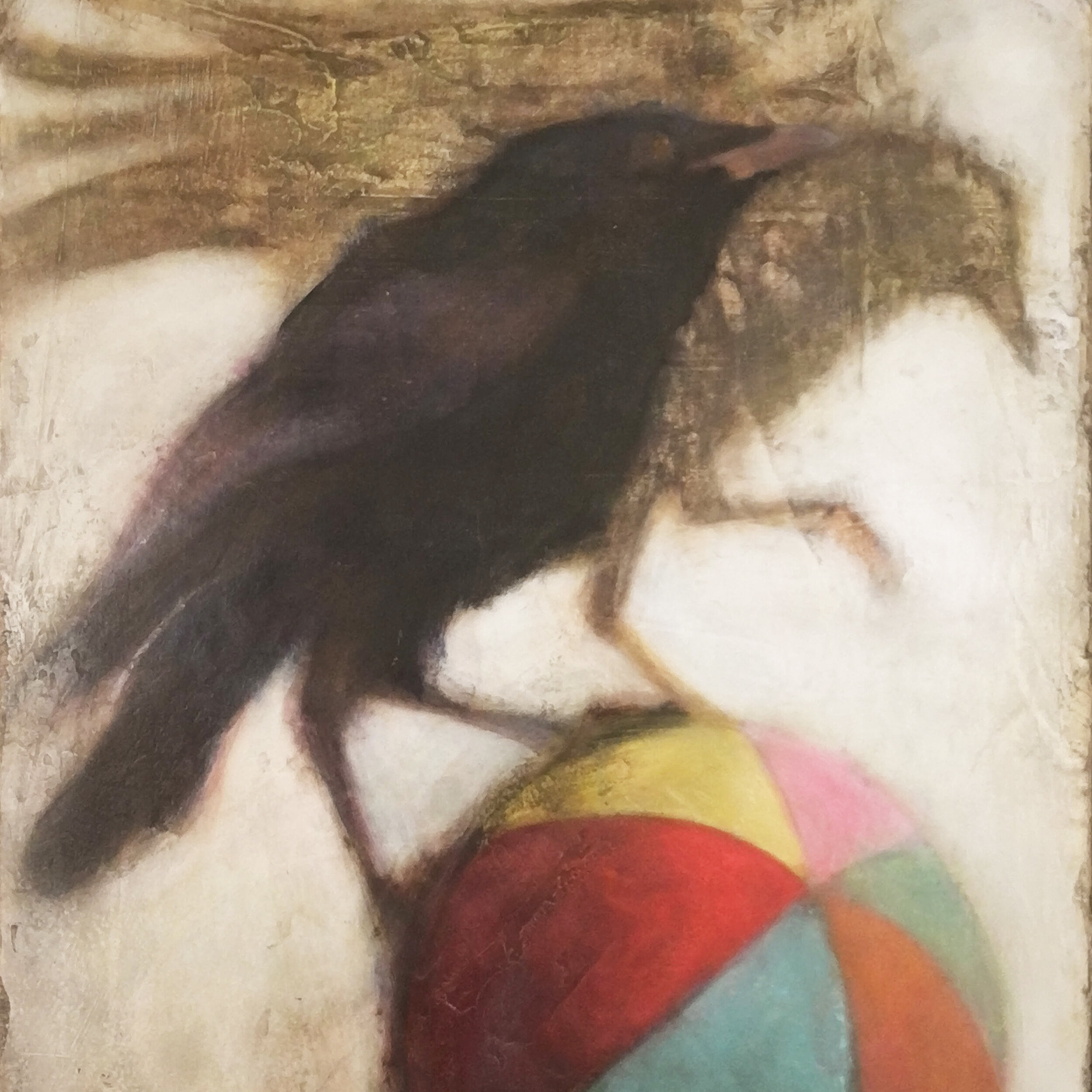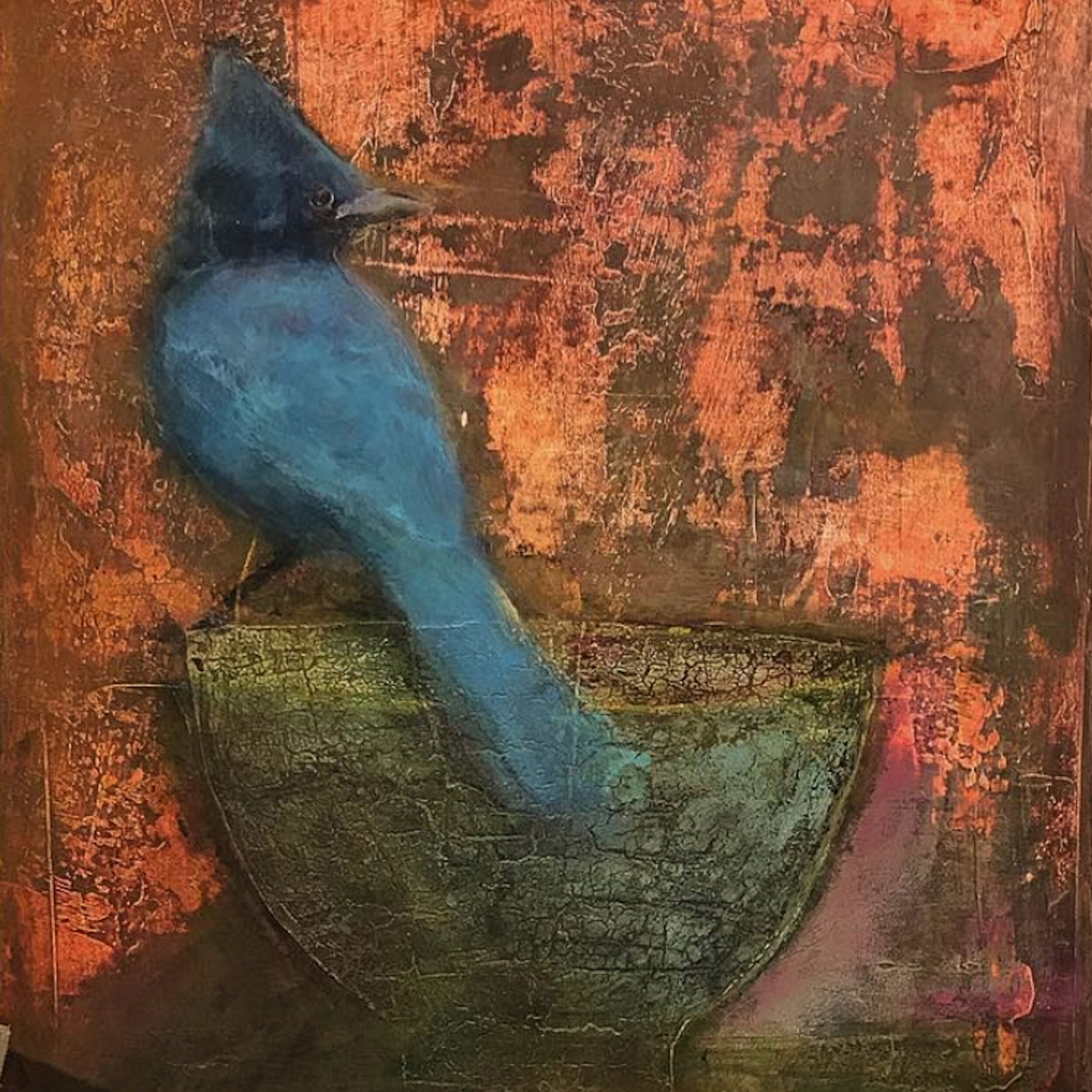“Novelist Frederick Buechner wrote ‘Here is the world. Beautiful and terrible things will happen. Don’t be afraid.’ Dream War is a journey through the terror-filled landscapes of devastating human experiences. It’s a search for evidences of a rooted and unshakeable beauty buried there. My hope for you as a listener is that you’ll walk with me through the wreckage of your own dark experiences, focusing on the source of your courage and keeping your eyes open wide to the burning light of the fire you tend.”
Ella Mine
Dream War
With a mesmerizing combination of musical fluency and lyrical vulnerability, Ella Mine divines and names depths of the human experience that often go unnamed, creating a hospitable space where the listener might untangle the mystery of their own emotions. Her debut record, a concept album titled Dream War, weaves a surreal and otherworldly tapestry of poetic melodies and storytelling, sifting the ruins of devastating personal experience for shimmering gems of hope. The narrative arc of Dream War begs, “How can we again dream, hope, or love when our first dreams have been crushed, our first hopes dashed, and our first loves ravaged?” Ella Mine raises this question with dexterity, poise, and an ambition born of courage.
Ella’s distinctive voice is far-reaching and impartial to genre, incorporating a mastery of classical piano with a sonic palette characteristic of progressive rock. She’s unafraid to traverse great artistic distances in small spaces. Even within a single song, seas of meticulously layered electric guitars will be followed by shimmers of sunlight on water cast by picks against acoustic strings, harmony quickly overtaken by fierce chromaticism, rushing walls of sound cut short by vulnerable moments of intimacy between her solo vocal and piano, and even momentary appearances of bagpipe and cello, which lend an air of epic fantasy to a far-reaching tale. The cumulative effect is an organic confluence of the personal and the archetypal.
Ella’s musical instincts were honed under the formal discipline of Vanderbilt’s Blair School of Music for six years, where she studied classical piano performance, followed by a university degree in music. These years of training would see Ella’s sharp intuition augmented with an expansive musical vocabulary, allowing her own idiosyncratic voice to emerge and flourish. A talented visual artist as well, Ella Mine’s musical aspirations were always more holistic and expansive than writing and recording collections of songs. Her passion was to create an immersive, transformative experience for her audience; something that she and they could get lost in. She knew from the outset that she wanted Dream War to land as a fully-formed, seamlessly cohesive, movie-score-like, symphonic experience.
“As a teenager with chronic amplified pain,” Ella says, “I was prescribed a medication and had a severe adverse reaction that affected the functioning of my brain. I was suddenly overwhelmed by fear, confusion, intrusive and violent thoughts and dreams, akathisia, and a host of other psychoactive effects. Whether I was asleep or awake, everything around me was like a nightmare.”
After many years of recovery, Ella started writing the songs she most needed to hear. But more than that, she wrote what she knew other people would need to hear. The “fuel to her fire” in creating Dream War was the knowledge that other people were experiencing the same kinds of oppressive darkness that she herself had come to know too well.
“Since I had come out (mostly intact) on the other side,” Ella explains, “I set out to pave a sonic space in which we can connect with painful emotions we often push away. When our language is limited, our understanding is also limited. So I wanted to write with a musical language that could name and illuminate painful and ambiguous feelings like lostness, the desire to give up, and even dread.
“There are these amazing encounters after shows,” she explains, “when I hear how the music carried certain listeners into a mental and emotional space that they weren’t expecting to enter. ‘It’s like you translated this ambiguous feeling of fear in a way that I could suddenly comprehend,’ or ‘My wife is going through a difficult and scary experience. I think I have a better understanding of what she's experiencing,’ or ‘My dad died a few weeks ago and I hadn’t yet come face-to-face with my grief. In the middle of that show, I was suddenly inside of it.’”
“It’s strange to feel grateful when someone shares their difficulty with you,” Ella laughs, “but we all walk our own roads through hell. That’s kind of a given. If I can use this craft that I ardently adore and then see it actually offering hope and encouraging the flourishing of others as they navigate their own dark experiences, I’ll celebrate every time.”
